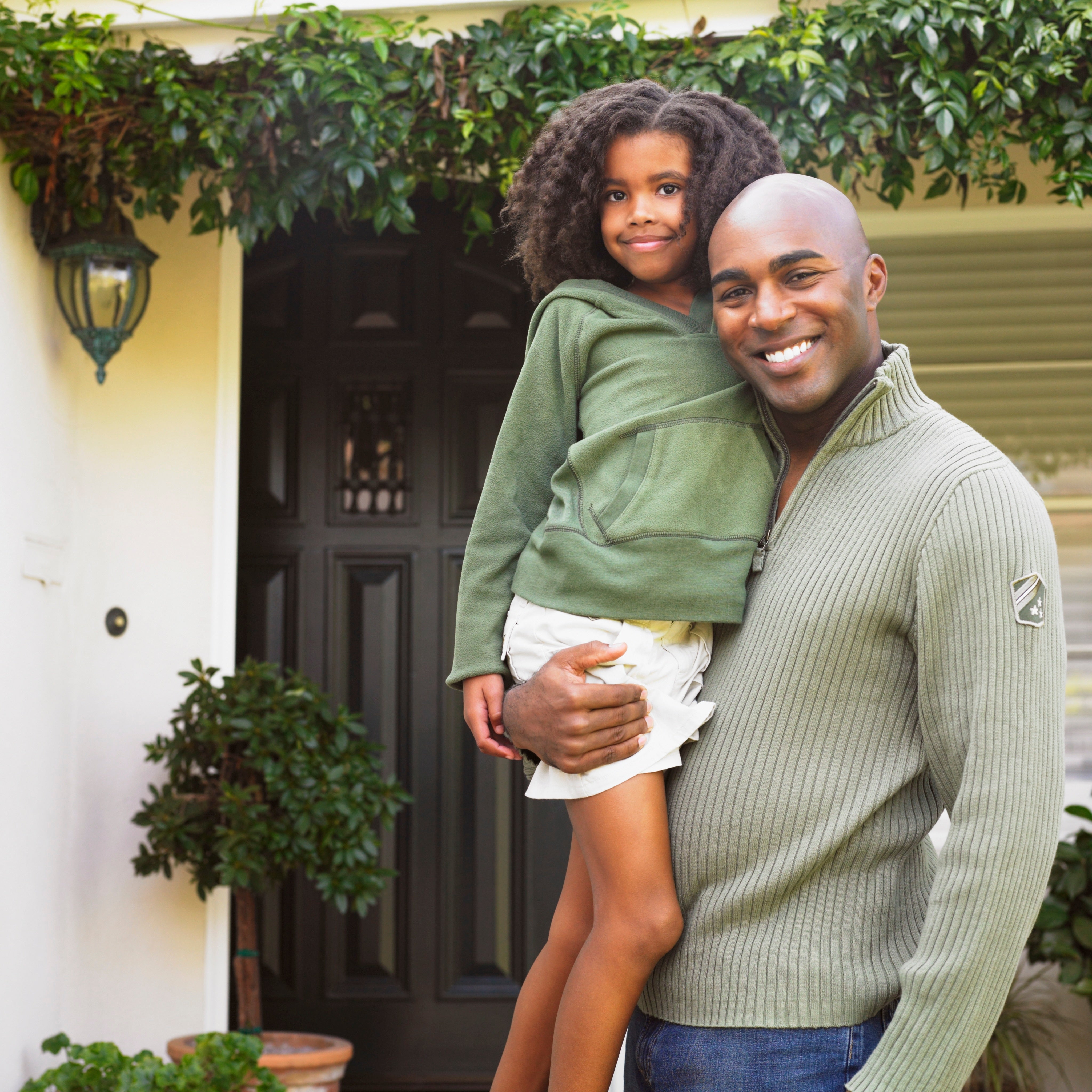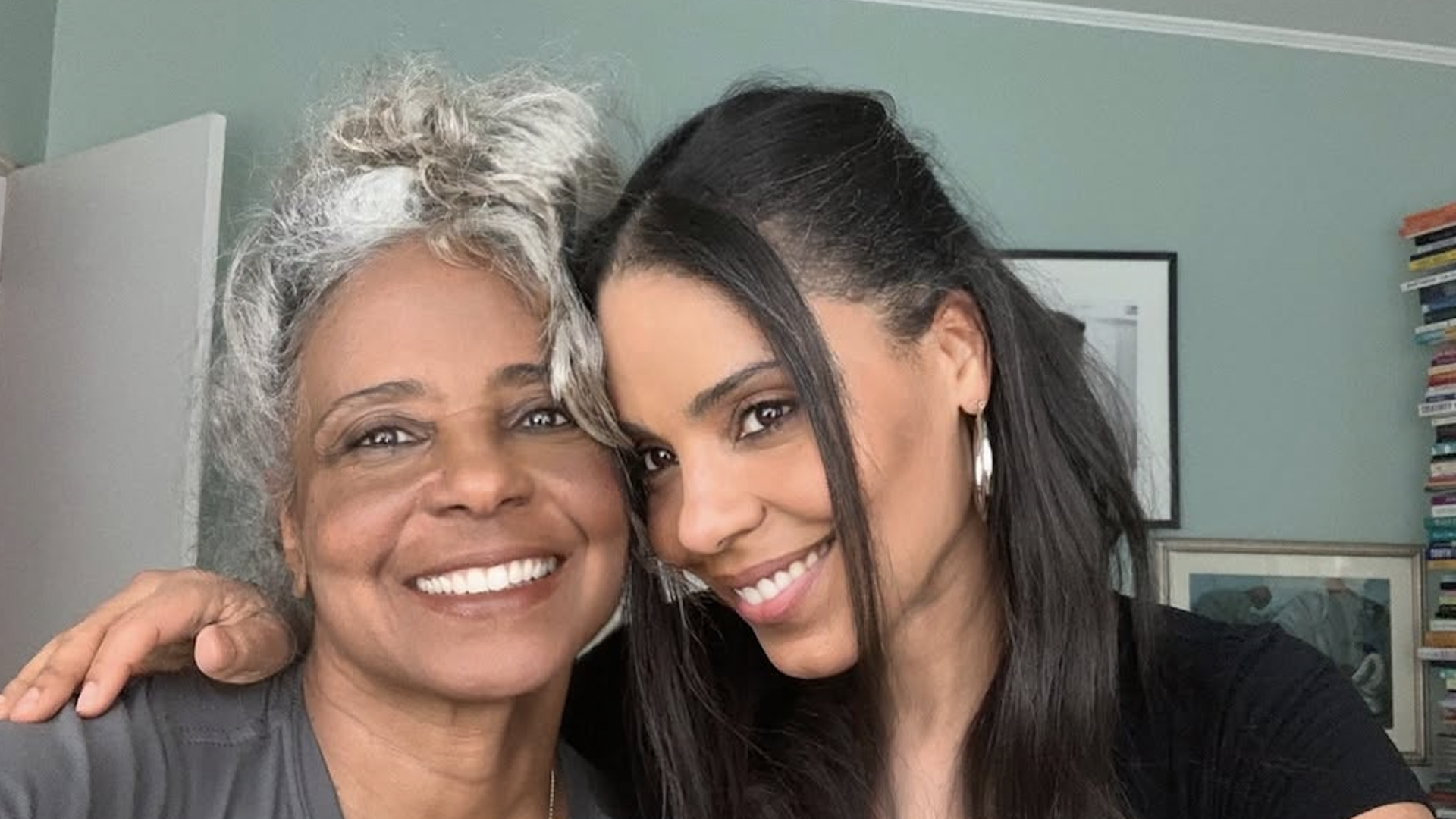
In the film, the women are encouraged to write letters to their fathers, and then read them on camera. The result is heartbreaking. Confession: My dad is my bestie and has always been in my life. But I boo-hooed like he and I had never met, while watching Jasmine, 18, say to her father, “I hate that you cared about everything else more than me.”
Unfortunately, Jasmine’s story is all too common, in some senses. Eighty-two percent of African-American children born since 1990 will not live in the same home as their biological fathers before graduating High School. (Note: I acknowledge that not living in the house does not mean absentee.) And that means there is a great potential for more women than not to carry the pain evidenced by Jasmine and the other brave women who participated in the film.
I call them “brave” because “daddy issues” are something that no one likes to talk about in our community. I’ve touched on the topic several times on my personal blog, and each post is met with visceral denials, and nearly all single-parent-raised commenters denying that the issue exists. Then an argument sparks about the differences between women who were raised with fathers and those who weren’t (please don’t do that here). And of course, those assessments are coming from the male commenters.
(Side note: ever notice how some guys can create long lists of the ways women without daddies can be lacking, but can’t ID the impact on themselves or other men? I’ve always found that strange, as any dating woman knows the quickest way to render a guy mute is to ask a man without a father what happened to his.)
Honestly? I didn’t want to write this post. Not because it’s not an important topic, but because the topic tends to cut people deep and brings up unresolved business that people have stuffed way down where they need it to stay in order to function. Only a comment from the filmmaker, Morton, made me think twice.
“For the millions of African-American women dealing with the lifelong consequences of father absence, the first and most urgent step has to be acknowledgement,” Morton said. “The downside to denial, dismissal or deflection is that it leads to less-than-desirable outcomes in women’s lives, impacting their partner preference and their relationships with co-workers and family. I usually state during my lectures, that ‘if you are unwilling to deal with your past, your past is more than willing to deal with you.'”
Hmm. That could apply to a whole lot, right? But let’s stick to the topic. If your father is/was absent, how has that affected you, and how are you making peace with his choice?
Demetria L. Lucas is the author of “A Belle in Brooklyn: The Go-to Girl for Advice on Living Your Best Single Life” (Atria) in stores now. Follow her on Twitter at @abelleinbk





